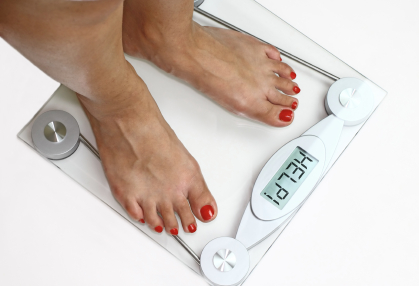
Nobody likes being sick. Besides feeling crummy, being under the weather can interrupt every aspect of your life.
One of the best ways to avoid getting sick is to boost your immune system.
The words immune boosting have been used so often for mass marketing that it’s hard to know what really works. While it’s impossible to guarantee that you’ll never catch a cold or the flu, there are some simple steps you can take to boost your immune system and dodge as many bugs that come your way as possible. The tips I’m sharing below are my own personal immune boosting secrets. My clients can vouch for me when I tell you it’s very rare for me to even catch a cold so they’re more than just a theory. 🙂
HERE ARE SOME PROVEN TIPS TO BUILD YOUR IMMUNE SYSTEM
1) Vitamin D. Researchers believe that one of the reasons we catch colds during the winter months is a lack of Vitamin D. Make sure you are getting outside when the weather allows. Ask your doctor to check your Vitamin D levels. Your doctor may recommend that you take a Vitamin D supplement to help boost your immune system.
2) Eat immune boosting foods. Foods like broccoli, almonds, cabbage, beef, garlic, spinach, sweet potatoes, button mushrooms, chicken soup, shellfish, yoghurt, oats and barley, acai berry, elderberry, and grapefruit are all considered to be immune boosting foods. Do your best to incorporate immune boosting foods into your daily diet. Look for recipes that include them and get creative with snack choices.
Variety is important when choosing foods for their nutritional value. Each food offers its own unique benefit. Avoid buying into the marketing hype around one magic food that can do it all. It simply doesn’t exist.
3) Get enough sleep. Per WebMD, the average adult needs 7 to 8.5 hours of sleep per night. Lack of sleep can compromise your immune system, making you more vulnerable to colds, flu, and other more serious illnesses.
4) Exercise. Moderate exercise is proven to boost the immune system. However, high intensity exercise can temporarily lower your immune system. Make sure you are allowing yourself forty eight hours of rest between high intensity routines and if your energy seems a bit low, it’s best to stick to moderate activity and get some rest.
Studies have also shown that thirty minutes of moderate exercise can help improve your sleep as well. Bonus!
5) Hit the coffee shop. Coffee and tea are both rich in antioxidants. Studies have shown that they can fight off illnesses when consumed in moderation. Too much caffeine can interrupt sleep and cause your body more harm than good. It seems that some people metabolize caffeine quicker than others. If you know it keeps you up at night, you may want to limit consumption to the morning hours.
6) Laugh more. Researchers have found that laughter is good medicine. Studies show that it can actually decrease stress hormones and increase certain immune cells while activating others. In a study conducted at Loma Linda University School of Medicine, healthy adults who watched a funny video for an hour showed significant increases in immune system activity.
Watch funny movies, take a moment to watch silly videos on social media, spend time with people that like to laugh with you, and do your best to see the comedy in life’s day to day activities.
7) Look on the bright side. Studies show that optimists who look to the brighter side of life have less stress which results in better health. A classic UCLA study found that law students who began their first semester optimistic about the experience had more helper T cells mid semester, which can amplify the immune response, and more powerful natural killer cells, than students who had a more pessimistic perspective.
Start each day with an attitude of gratitude. No matter what we are facing in life, we can all find at least one thing to be grateful for each day. Even if it is simply waking up to a new day.
Boosting your immune system doesn’t have to be a chore. Focus on the things you can incorporate into your day. A little bit goes a long way!
Here’s to avoiding the cold and flu aisle this year!
With love,
Jennifer


